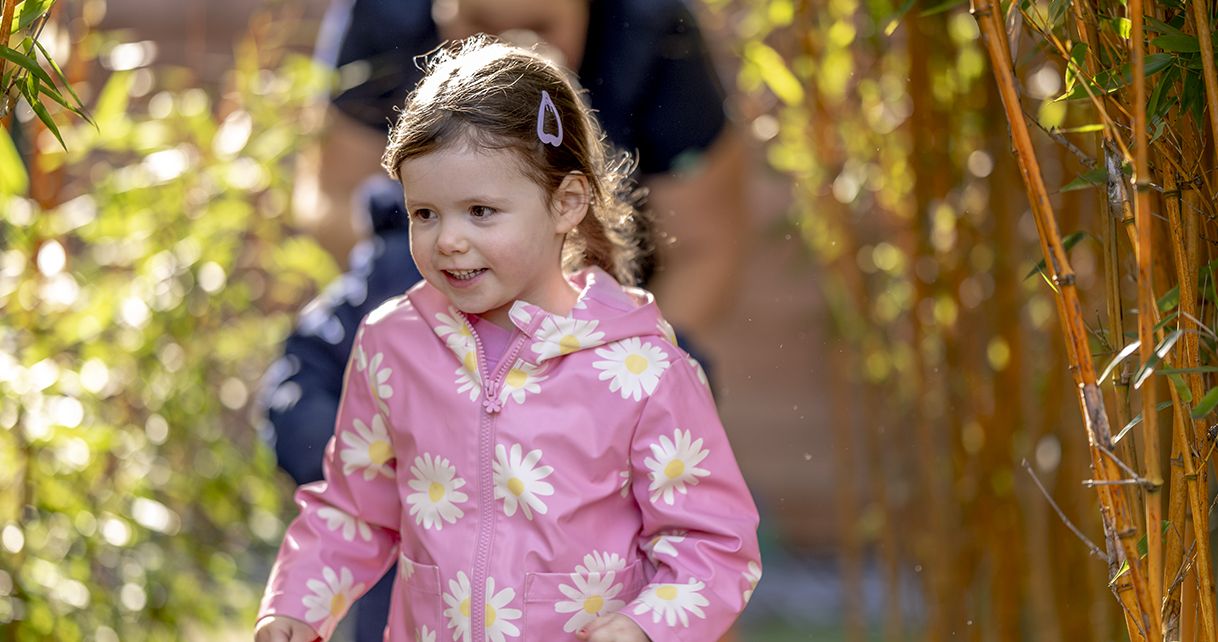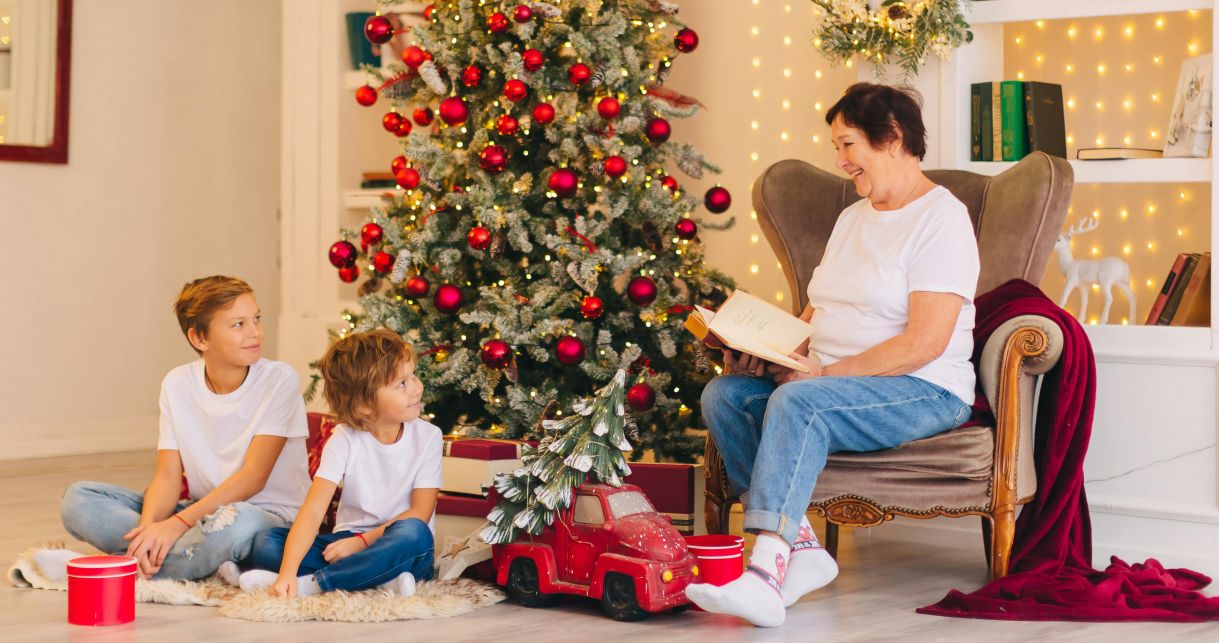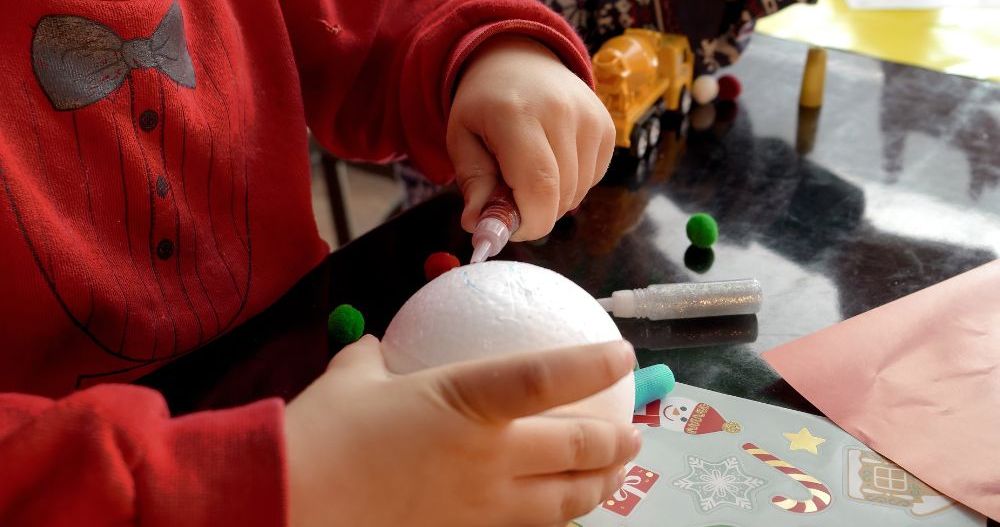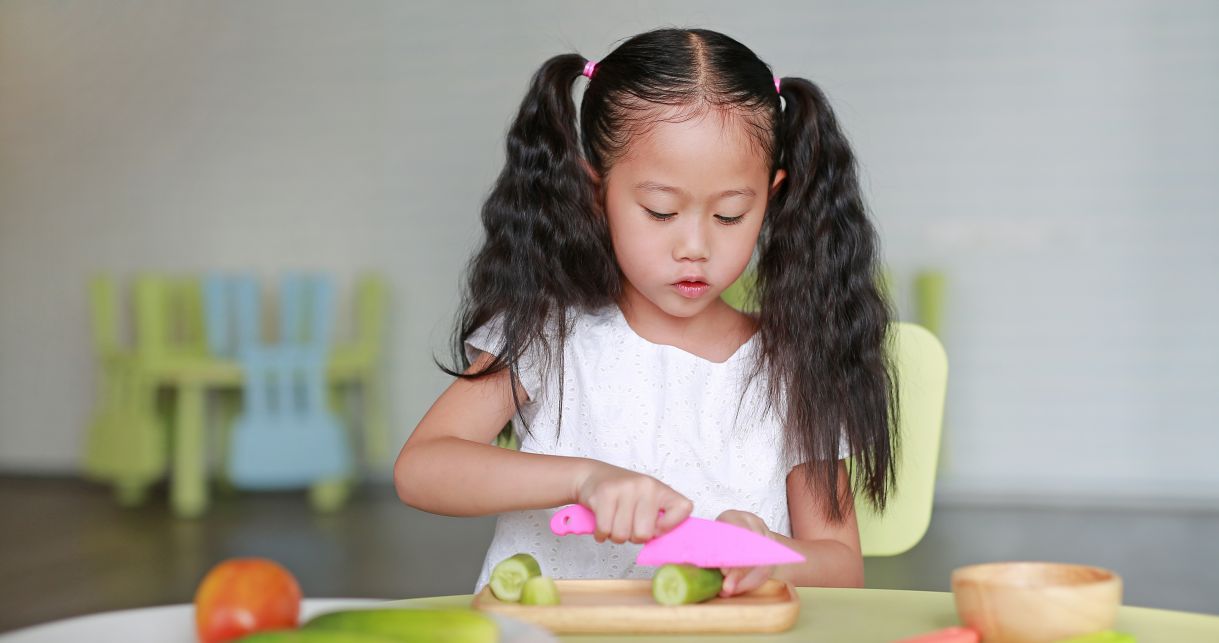5 min read
5 min read
5 min read
5 min read
From their first steps to climbing monkey bars with confidence, a child’s physical development is an incredible journey. But behind every leap lies a world of growth—fine-tuning motor skills, building coordination, and laying the groundwork for lifelong health and confidence.
Our early years expert, Dr Lala Manners, who played a key role in the development of our Bee Curious curriculum, shares her top tips on supporting children’s physical development at home.
Many of the skills that children are now expected to have when they start in Reception are intrinsically linked to their physical development; and we know that smooth Physical Development is dependent on the level of physical activity and movement they experience throughout their early years.
Children who are competent, confident, adaptive and creative movers will naturally develop the strength, balance and coordination required to manage the demands of a school day with ease and enjoyment.
A wide range of daily physical activity from birth onwards will effectively support children when they start school.
Let’s take a look at how you can support your child at home.

Sitting still (in any position) demands a high degree of overall body strength and balance, particularly for any longer than two to three minutes at a time. For children this is possibly the hardest skill to acquire so they need lots of BIG BODY MOVEMENT opportunities like climbing, pushing, pulling, carrying, crawling, rolling and swimming.
Remember that just because they may be happily running and skipping, it is the continual practice of early movement skills like rolling and crawling that ensures optimum strength is maintained. This is what we call ‘rehearse and retrieve’ in the Bee Curious curriculum. Jumping, twirling and swinging will also support the all-important vestibular system that determines balance throughout the lifespan.
Having a strong and stable shoulder girdle ensures the elbow and wrist can remain in the correct position and fingers can adopt the correct grip. Offer lots of opportunities to take the body weight on hands, for example play ‘wheelbarrows’, do bunny hops and explore the monkey bars at the park. If children are struggling with pencils, revisit these large movements as they provide the secure physical foundations needed for later fluent handwriting.

Toilet training (on time) is informed by the ‘interoceptive’ sense in the body that sends messages to the brain that then tells us how our bodies are feeling. Good gut health is an important factor in children’s wellbeing. It is supported by lots of movement experience, from early back/tummy/side time in the first year, to continual revisiting of these positions throughout childhood and beyond.
This is linked to the ‘proprioceptive’ sense meaning ‘where we are in space’ and supports our relationship to gravity.
This sense also requires daily movement experience to keep functioning well and helps children know where things are without looking at them, for example, zips, buttons, gloves, socks and shoes.
This may be informed by children’s culture and environment. Some children are very used to handling utensils including chopsticks from an early age or are expected to help prepare and cook food at home whilst others may have only ever eaten with their hands or been mainly fed by adults.
Varied opportunities to handle a wide range of eating utensils, growing, preparing and cooking food together provide important times to practise manipulative skills.

Communication is about 90% non-verbal and being able to understand non-verbal cues, maintain eye contact, manage being physically close to others. These all require continual practice and patience.
Physical activity and movement play are really effective ways to do this, especially in outside environments. For children with English as an additional language, learning new vocabulary in relevant and meaningful contexts is overwhelmingly positive. This is why Busy Bees’ Bee Curious curriculum has a focus on explicit teaching of vocabulary for all children.
Children also learn to share space, resources, time, ideas, delegate, negotiate, process instructions and develop empathy for those who may need more support or take a different approach to tasks.
Remember that sleep and screen time also play a prominent role in children’s overall health and wellbeing and it is physical activity that impacts positively on their screen use and in ensuring a good night’s sleep.
Healthy habits and dispositions are laid down very early and Early Years educators are in a prime position to support parents and carers achieve this with understanding and enjoyment. Children who are hungry, stressed, tired or in pain cannot learn properly. We need them to value, trust and appreciate how their bodies change over time and celebrate what they are physically capable of.
We cannot get everything right for them all the time, but we can ensure they arrive at school healthy, physically competent and confident, and ready for anything the school day may offer.
by Dr Lala Manners
Published: 28/04/2025
Share Blog

by Busy Bees 26/01/2026
10 min read

by Busy Bees 01/12/2025
5 min read

by Busy Bees 01/12/2025
5 min read

by Busy Bees 27/11/2025
6 min read

by Busy Bees 25/11/2025
7 min read